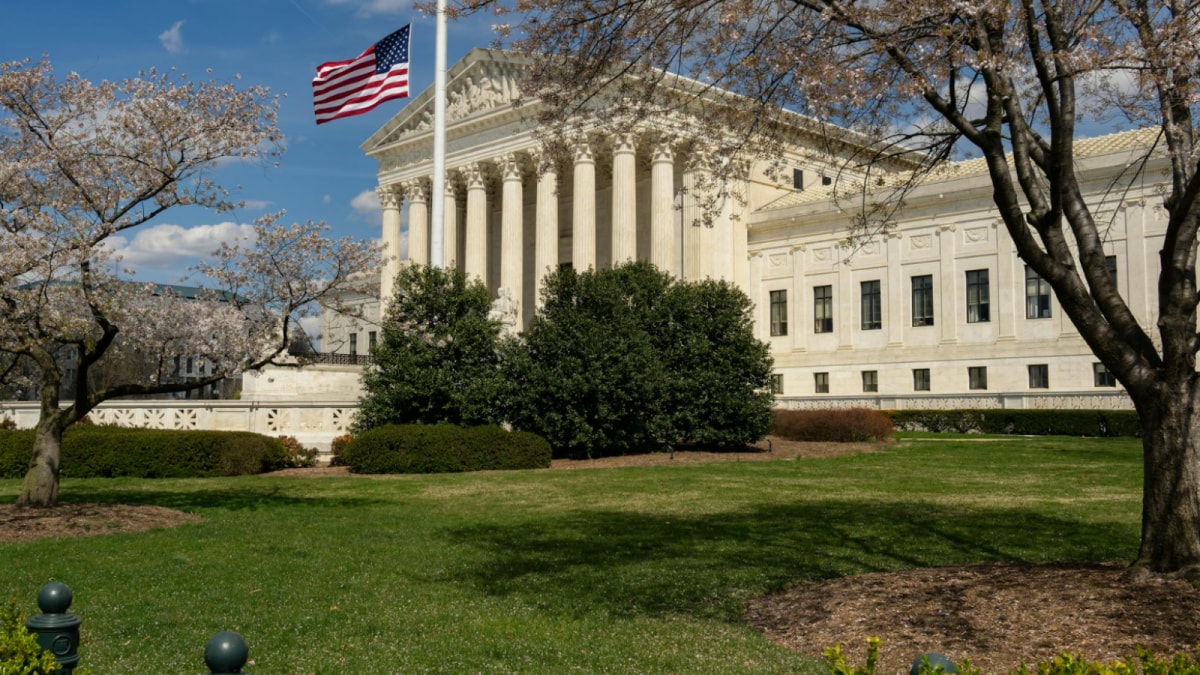Last Updated:
The decision directly impacts seven counties in Southern California but may carry broader implications.

Previously, lower courts found that ICE likely failed to demonstrate the “reasonable suspicion” required for such stops (Pexels/Representative Image)
The US Supreme Court on Monday upheld the Trump administration’s decision to authorise immigration enforcement raids known as “roving patrols” in Southern California, Reuters reported. The move came in response to an emergency appeal and was approved in a 6-3 vote by the justices, lifting a Los Angeles judge’s earlier order that had blocked the patrols.
The lower courts had previously ruled that such tactics likely violated the Fourth Amendment, which protects against unreasonable searches and seizures. However, the Supreme Court’s ruling, though significant, does not constitute a final decision on the constitutionality of the raids.
Recommended Stories
In a brief, unsigned order, the Court indefinitely froze the district judge’s restraining order, effectively freeing immigration agents from its restrictions. No detailed explanation accompanied the decision, and the Court has not clarified its rationale for supporting the Trump administration’s enforcement measures.
The decision directly impacts seven counties in Southern California but may carry broader implications, offering implicit support for aggressive immigration enforcement tactics nationwide. At the center of the legal battle are incidents in which Immigration and Customs Enforcement (ICE) agents reportedly targeted individuals who identify as Latino in and around Los Angeles. Agents stopped and questioned these individuals about their immigration status, often based on appearance, language, occupation, or location.
Previously, lower courts found that ICE likely failed to demonstrate the “reasonable suspicion” required for such stops. On July 11, US District Judge Maame Ewusi-Mensah Frimpong issued a temporary restraining order prohibiting stops based solely, or even partly, on race, ethnicity, language, location, or employment. The US 9th Circuit Court of Appeals upheld this decision on July 28.
Soon after, attorneys representing the Trump administration petitioned the Supreme Court to overturn Frimpong’s order. They argued that immigration agents should be permitted to act on the assumption that Spanish-speaking Latinos working in sectors like day labour, landscaping, agriculture, or car washes are likely undocumented.
The Supreme Court’s move drew strong backlash from Los Angeles Mayor Karen Bass. “I want the entire nation to hear me when I say this isn’t just an attack on the people of Los Angeles, this is an attack on every person in every city in this country,” Bass said in a statement. She called the ruling “un-American” and warned it threatens the foundational values of personal freedom in the US.
Washington D.C., United States of America (USA)
September 09, 2025, 00:23 IST
Loading comments…
Read More




